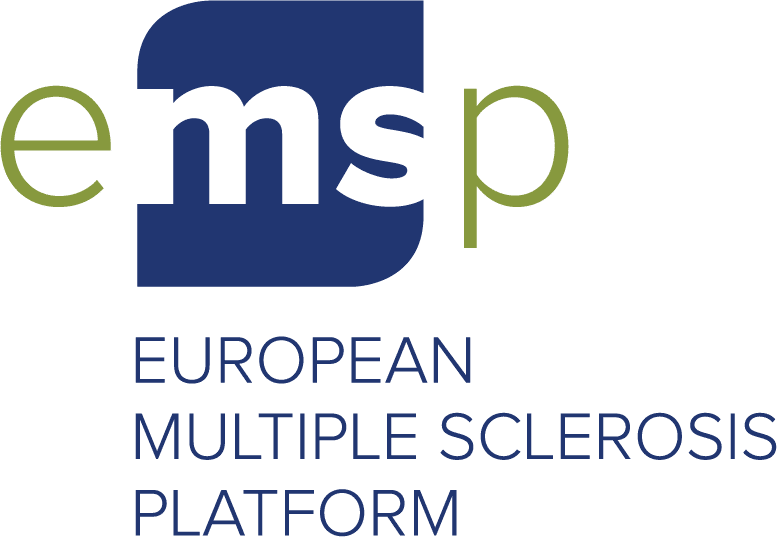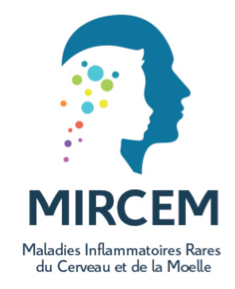


Dr. Cestari is a neuro-ophthalmologist at the Massachusetts Eye & Ear Infirmary (MEEI). Dr. Cestari earned his MD from Sackler School of Medicine in Tel Aviv, Israel. After a one-year fellowship in neuro-ophthalmology at Mass. Eye and Ear, he returned to Weill Cornell Medical College’s New York Presbyterian Hospital, where he completed a residency in ophthalmology and served as Chief Resident in his final year. Dr. Cestari is one of the few ophthalmologists worldwide who is board-certified in both neurology and ophthalmology. He provides care for patients suffering from various neuro-ophthalmic disorders, strabismus, and diplopia. Additionally, Dr. Cestari acts as a supervisor and mentor to medical students, residents, and fellows. He is actively involved in research that is geared towards shedding light on the underlying mechanisms of optic nerve disease. Since 2007, he has served on the Digital Media Committee of the American Academy of Ophthalmology and on the Curriculum Development Committee of the North American Neuro-Ophthalmology Society. At MEEI, he chairs the Clinical Fellowships Committee and leads the Clinical Fellowship Program, spanning over 9 sub-specialties.
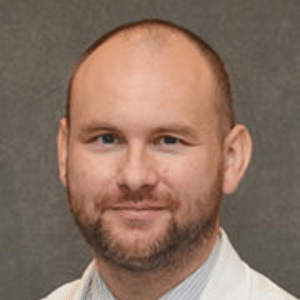

Language spoken: Polish
Dr. Chwalisz grew up in Poznan, Poland and later in Berlin, Germany before moving to the United States. After college, he taught and researched Medical Ethics at the University of Oxford, UK. Dr. Chwalisz earned his medical degree at the University of Illinois College of Medicine. He completed his Internal Medicine internship at the University of Chicago, and his Neurology residency at Beth Israel Deaconess Medical Center/Harvard Medical School, where he was recognized for his dedication to teaching residents and medical students. He completed a clinical fellowship in Advanced General and Autoimmune Neurology at MGH, and a second fellowship in Neuro-ophthalmology at the Massachusetts Eye & Ear Infirmary, where in addition to his clinical activities he researched treatment outcomes in idiopathic intracranial hypertension (pseudotumor cerebri).
As a clinician and teacher, Dr. Chwalisz is passionate about helping patients with neurological disorders, and he participates in the training of MGH Neurology residents, MGH Autoimmune Neurology fellows, and MEEI Neuro-ophthalmology fellows. Dr. Chwalisz is particularly interested in the intersection of the brain and the eye in health and disease, and he has a particular focus on inflammatory, infectious and autoimmune disorders affecting the eye, base of skull and the nervous system. Dr. Chwalisz is the founding director of the innovative Inflammatory Neuro-ophthalmology and Skull Base Disorders Clinic at MGH, a first-of-it-kind referral clinic for patients with inflammatory disorders affecting the optic nerves, orbit, cavernous sinus, cranial nerves, pituitary area, meninges and cranial vasculature.
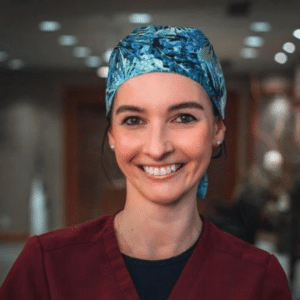

Language spoken: French
Dr. Elizabeth Fortin is the principal surgeon of the IRIS Ophthalmology Clinic. Her training allows her to provide vision correction care through laser surgeries and lens replacement surgeries. Dr. Fortin is an ophthalmologist from Saguenay-Lac-St-Jean. After completing her residency in ophthalmology at the University of Sherbrooke, she pursued a Fellowship in neuro-ophthalmology at Mass Eye and Ear / Harvard Medical School and completed the Program in Clinical Effectiveness at Harvard TH Chan School of Public Health. Prior to joining the IRIS Ophthalmology Clinic full time, she joined the Mass Eye and Ear General Ophthalmology and Neuro-Ophthalmology departments as an ophthalmologist in Boston. She was also an instructor at Harvard Medical School.
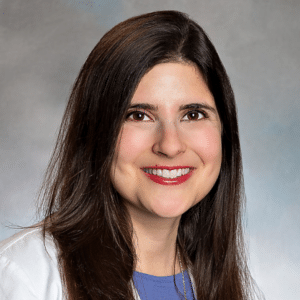

Tamara B. Kaplan M.D. is a neurologist and neuroimmunology specialist at Brigham and Women’s Hospital. She is also an Assistant Professor at Harvard Medical School. Dr. Kaplan obtained her medical degree at the University of Pennsylvania School of Medicine in Philadelphia where she was elected to the Alpha Omega Alpha society. Dr. Kaplan completed her residency at the Harvard joint program with Brigham and Women’s Hospital and Massachusetts General Hospital. Dr. Kaplan finished her training with fellowship in MS and Neuroimmunology at the Brigham and Women’s Hospital supported by a grant from the National MS Society. Her research interests involve neurogenic bladder and pregnancy in demyelinating disease. In addition to her clinical practice, Dr. Kaplan also teaches at Harvard Medical School. Dr. Kaplan is a member of the American Academy of Neurology and on the executive board for the Massachusetts Neurological Association. Dr. Kaplan is originally from Seattle, WA and currently lives in the Boston area with her husband and daughter.
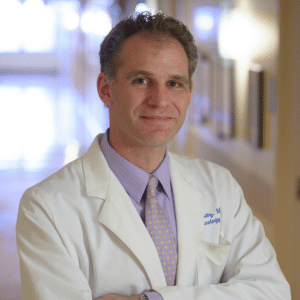

Dr. Joshua Katz is the Co-Director of the Elliot Lewis Center in Wellesley, which treats over 2500 patients with multiple sclerosis, neuromyelitis optica, anti-MOG antibody syndrome, and other CNS demyelinating diseases. Dr. Katz is a nationally recognized expert in multiple sclerosis and in his practice he focuses on caring for the whole person not just their illness. He runs an educational group for patients to address the complexities of coping with a new diagnosis. He also leads a quarterly regional MS faculty conference for specialists from all over New England. Dr. Katz is actively involved in clinical research on multiple sclerosis and is an investigator in numerous clinical trials.
Dr. Katz received his MD from Tufts University school of Medicine in 1992 and did residency training in Psychiatry at Beth Israel Hospital, and Neurology residency at Tufts Medical Center, followed by a neurology critical care fellowship with Dr. Allan Ropper at St. Elizabeth’s medical center. Dr. Katz is an Associate Professor of Neurology at Tufts Medical School and a member of the clinical advisory committee of the New England Chapter of the National MS Society.
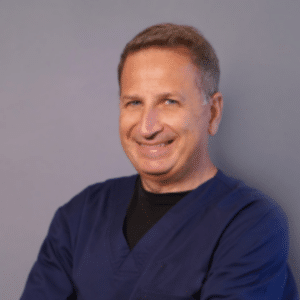

Languages spoken: Arabic and French
Samir Melki MD Ph.D. completed a fellowship in Cornea and Refractive Surgery at the Massachusetts Eye and Ear Infirmary, (Harvard Medical School) in 2000. His previous education included an MD Ph.D. from Vanderbilt University and an Ophthalmology residency at Georgetown University. Dr. Melki founded Boston Vision in 2000 and has pursued an academically oriented practice since. He joined the Cornea service at Mass Eye and Ear (MEEI) in 2007 as a part-time faculty. Dr. Melki was the Medical Director for Ophthalmology at the UK Specialist Hospitals from 2005 till 2013 where he established and managed quality controls for about 20,000 cataract procedures.
Dr. Melki actively participates in the fellowship program at MEEI. His other teaching activities include a fellowship program at Boston Vision and a collaboration with Boston University to tutor students undergoing a Masters in Health Sciences. His clinical practice is oriented towards refractive surgery as well as cataract and corneal surgery. He has performed more than 15,000 refractive procedures since 1998. His academic activities have led to several accomplishments. These include the publication of many peer-reviewed articles, 4 textbooks as well as regular participation in various courses at US and international meetings.
Dr. Melki designed several surgical instruments, was the first surgeon to implant a phakic IOL in Boston, and was the first person to implant a device during cataract surgery to wirelessly measure intraocular pressure in a patient with glaucoma. He has been key to introducing Keratoprosthesis surgery to Lebanon and South West England. Dr. Melki’s most recent research endeavors include his participation in a clinical trial to measure the effect of corneal collagen crosslinking on keratoconus patients.






